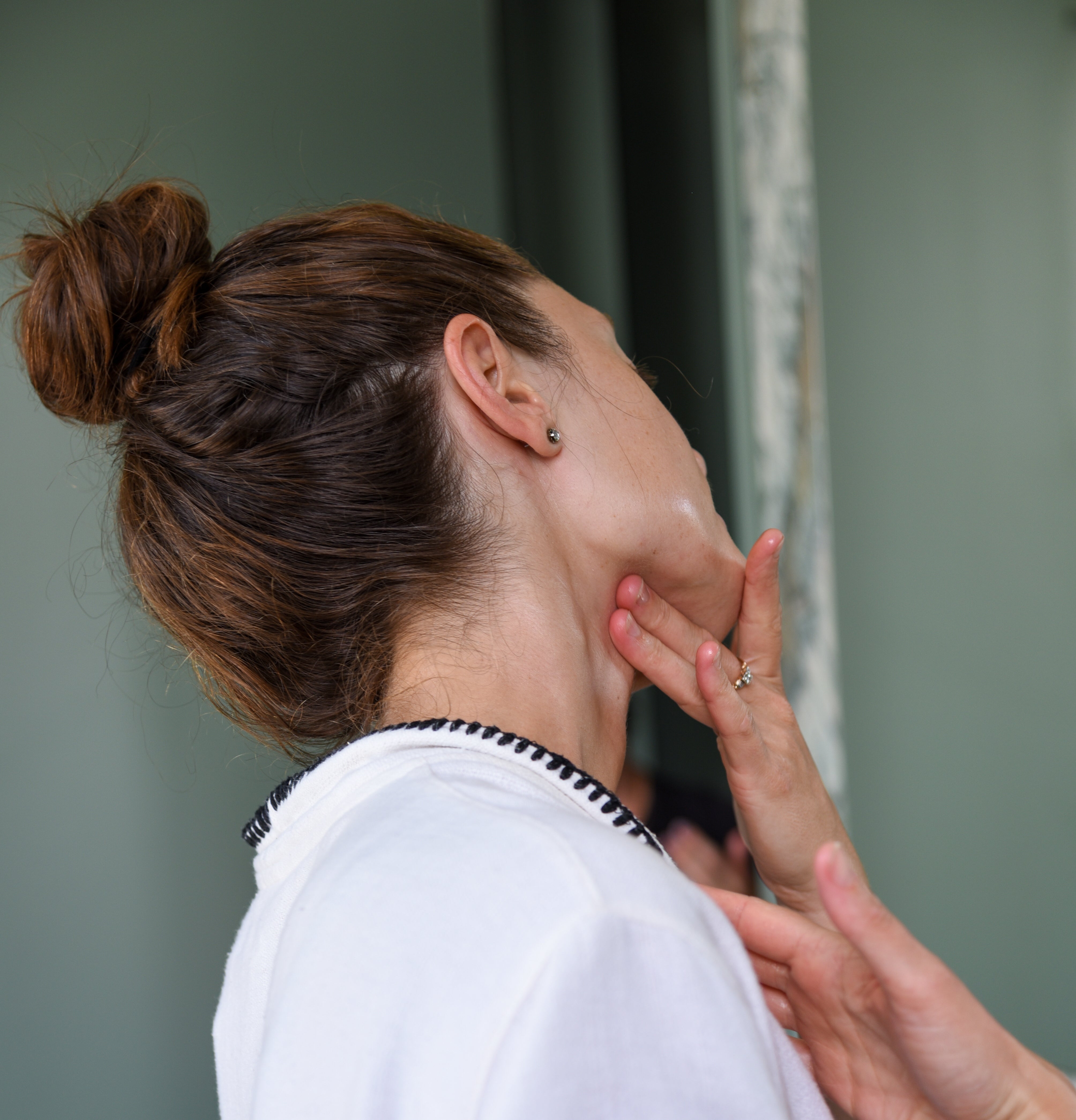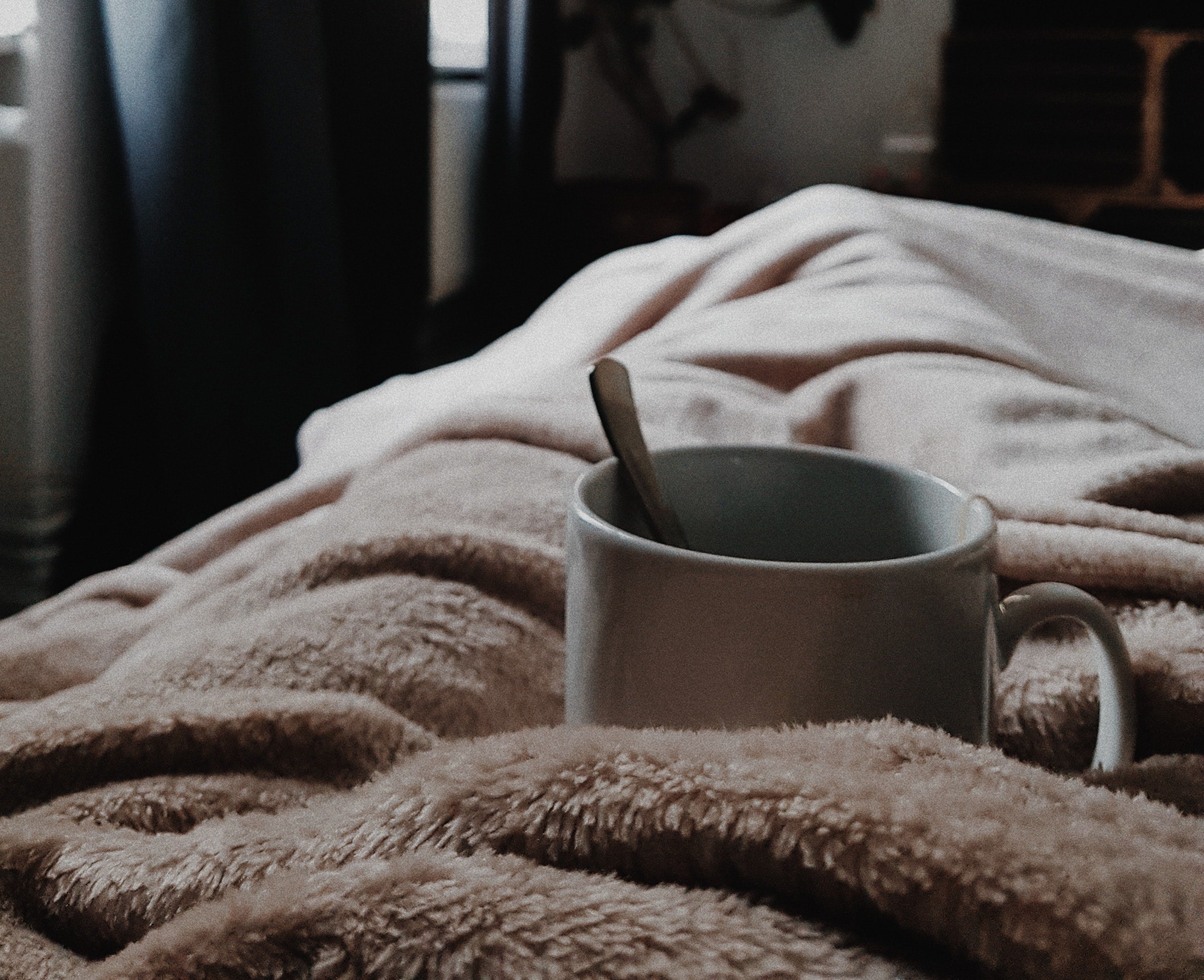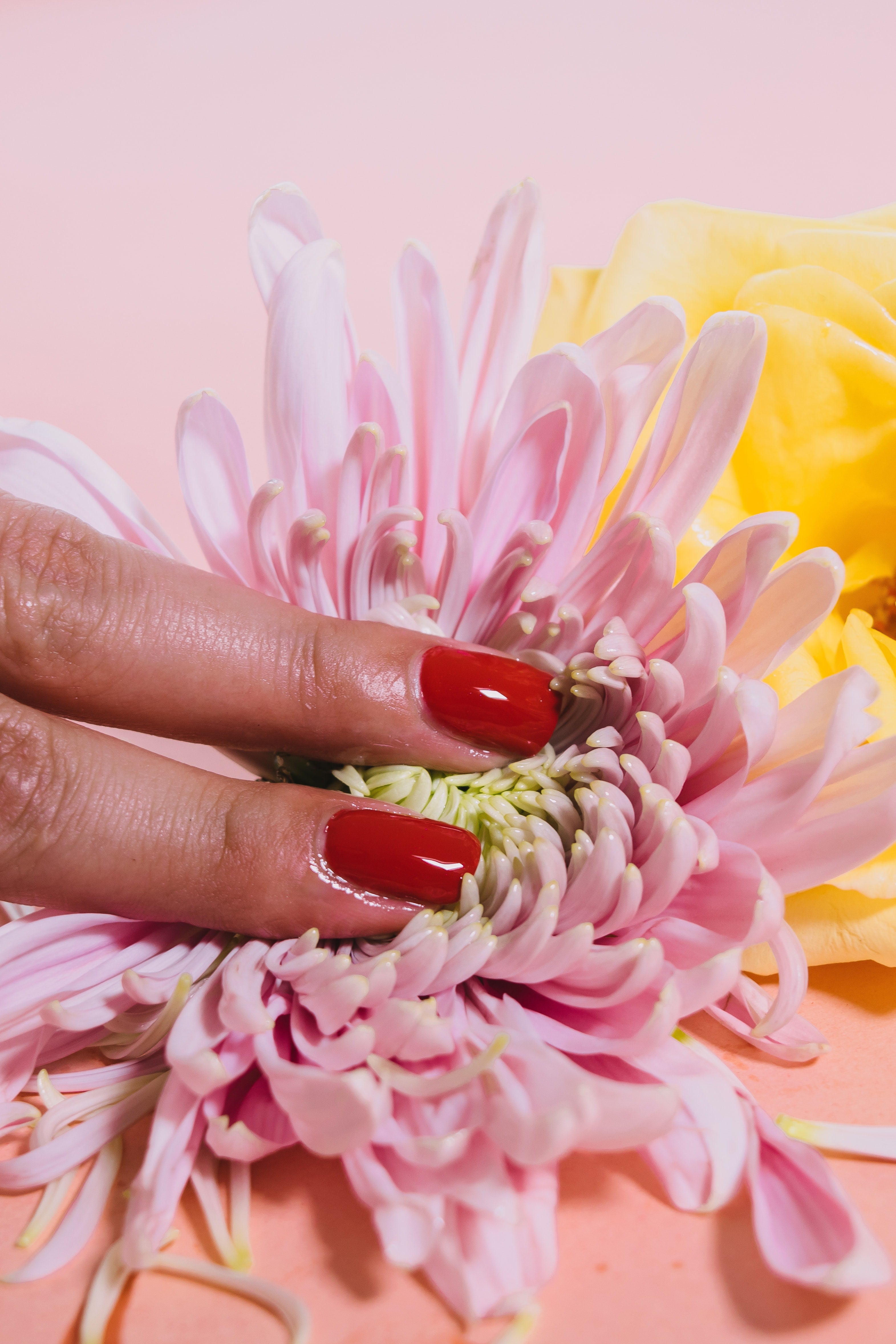
The Viral Skincare Trends We Won’t Be Trying
Sigh. Skincare trends.
Okay, obviously we love skin and bodycare, and not all skincare trends are bad- clean beauty has certainly been trending these last few years, and we’re grateful to be part of the movement. It’s important to remember, however, that trends in skincare, wellness, and beauty deal directly with the body and therefore with your physical health, not to mention your face. While some fads might be great for you, some are just bad advice, whether they’re potentially harmful, short or long term, or relatively harmless yet ineffective (and so, just a waste of money).
Trends come and go but your body does not, and it’s important to be cautious as a means of ensuring that you’re taking good care of you. While we never want to be ones to yuck someone’s yum, some of the bad advice that crosses our desk via The Web makes our eyes twitch just enough that we can’t help but provide a counterpoint. Thus, without further ado, we’ve compiled a list of skincare trends that we’ll be opting out of and why:
Slugging
This one is particularly controversial, and the reason why we’ve included it is a bit complicated. On one hand, it makes sense. Slugging argues that if your skin is dry or damaged, covering it with an occlusive (moisture-blocking) petrolatum product- most commonly petroleum jelly- will trap all moisture in the skin, accelerating the healing process and balancing uncomfortably dry complexions. The concept originated in K-Beauty regimens, where an emphasis on moisture reigns supreme. We should also note that slugging advice rightfully makes clear that those with oily-leaning complexions should abstain, as you’ll likely find your skin feeling very clogged.
Our caveat? Petrolatum products. Petroleum jelly, the most famous petrolatum, is a byproduct of the oil refinement process. It’s not sustainable and has to be filtered for several reasons, one being that it contains known carcinogens polycyclic aromatic hydrocarbons (PAHs). And though there are refinement regulations to ensure that petroleum jelly is free and clear of any poisonous materials, the fact remains the same that the product itself relies on the fossil fuel industry. And, if we look at it from a skin health perspective other than an ecological health one, environmental pollutants are a top skin-damager; so, consuming petroleum jelly contributes to one of the problems it's claiming to solve.
As a reminder: the key to maintaining healthy moisture in general is by encouraging the moisture barrier to balance itself through supportive skincare, not to replace or inhibit any natural processes. Some practices like using harsh foaming cleansers, drying acids, and other drying and/or damaging products, under- or over-moisturizing, avoiding oils, and so on can lead to major moisture imbalances, and we believe that balance can be found in simplicity. Paring back, using a gentle cleanser and skin-loving oils that provide the perfect amount of moisture while also letting your skin breathe. If slugging does help bring your skin back to the point of homeostasis, be mindful to quit while you’re ahead. You don’t want to trick your skin into thinking it doesn’t need to produce its own oils anymore, and then you’re back to square one.
Your skin is very smart. Work with it, but also let it do its thing. Just like each of us likely do, skin needs a certain amount of patience, love, and gentleness to achieve a balanced well-being.
Sunscreen Contouring
Our objection to this one feels obvious. Just not worth it. Please wear sunscreen on your whole face.
DIY Microneedling
Some things are best left to the professionals. Microneedling, the act of pricking the skin with tiny needles by way of a dermaroller in order to boost collagen production and skin renewal, is one of these things, for several reasons, all pertaining to the fact that it is literally stabbing the skin on your face. In an office, derms and estis will stamp the skin with needles, while the dermaroller, well, rolls, and the way that the dermaroller drags- which is often in a haphazard fashion when done at home- can be damaging. The blades also dull over time, making tears and skin trauma more likely. There’s also the risk of infection caused by rollers that are not perfectly sterile.
While microneedling is a fascinating and effective treatment for many for a variety of concerns, we STRONGLY encourage you to put the dermaroller away and make an appointment with a trusted professional instead.
Peel-Off Face Masks
No matter how satisfying they might look and feel, peel-off face masks do much more harm than good. They are incredibly disruptive to the skin barrier, causing irritation and damage to the top layer of the skin when they’re stripped away.
Our skin is a complex organ that needs all of its different components in order to work properly, so it comes as no surprise that the top layer of the skin is, in fact, very crucial to skin function and overall health. As the Cleveland Clinic puts it: “The epidermis is the top layer of skin in your body. It has many important functions, including protecting your body from the outside world, keeping your skin hydrated, producing new skin cells and determining your skin color. It’s important to take care of your epidermis.” The epidermis is also necessary for your skin’s microbiome, AKA, the community of microorganisms that work alongside your organs to keep your body going. Sort of spooky, mostly fascinating. There’s also the reality that, as Jessica Defino explains for the Zoe Report, “most peel-off products are made with polyvinyl alcohol, a plastic adhesive more commonly used to laminate safety glass.”
If you’re craving the feeling of freshness and renewal that a peel-off mask provides, try a more gentle purifying mask instead. All of the results (and satisfaction), none of the damage.
We want to reiterate- skincare is fun, caring is cool, and it’s wonderful that we have platforms and ways of discovery that allow us to play and explore and get in touch with our bodies and ourselves. But be wary of all of the trends and advice you encounter. As the old saying goes, don’t believe everything you read on the Internet.



